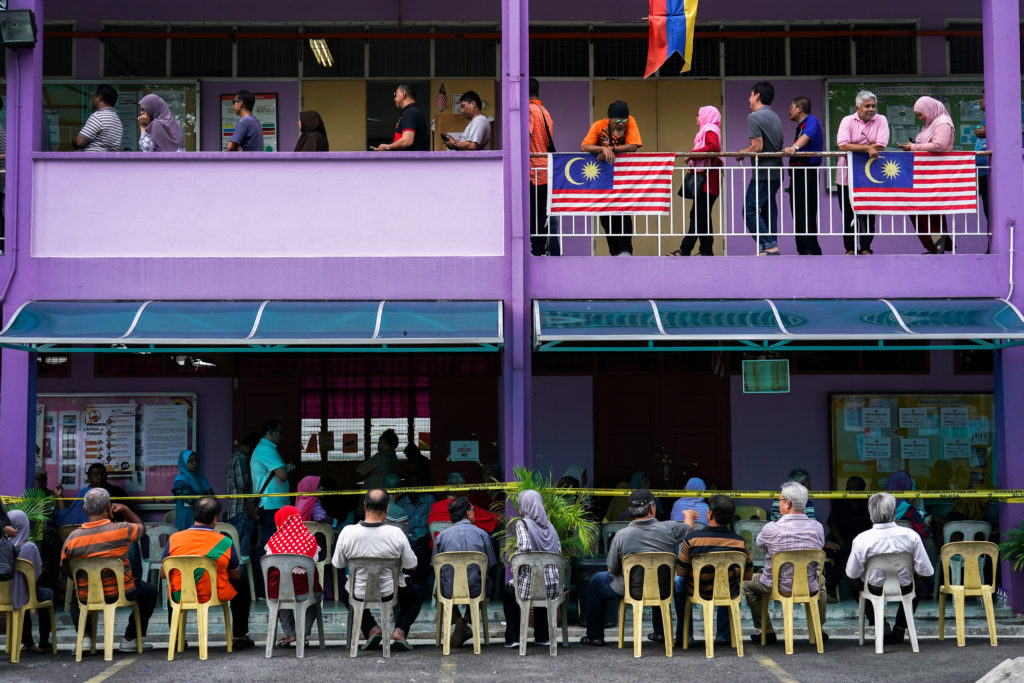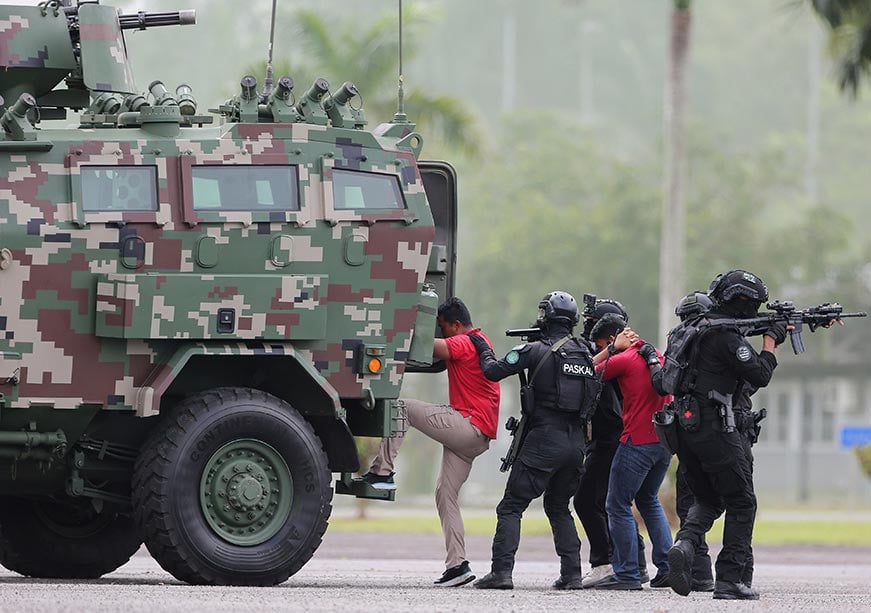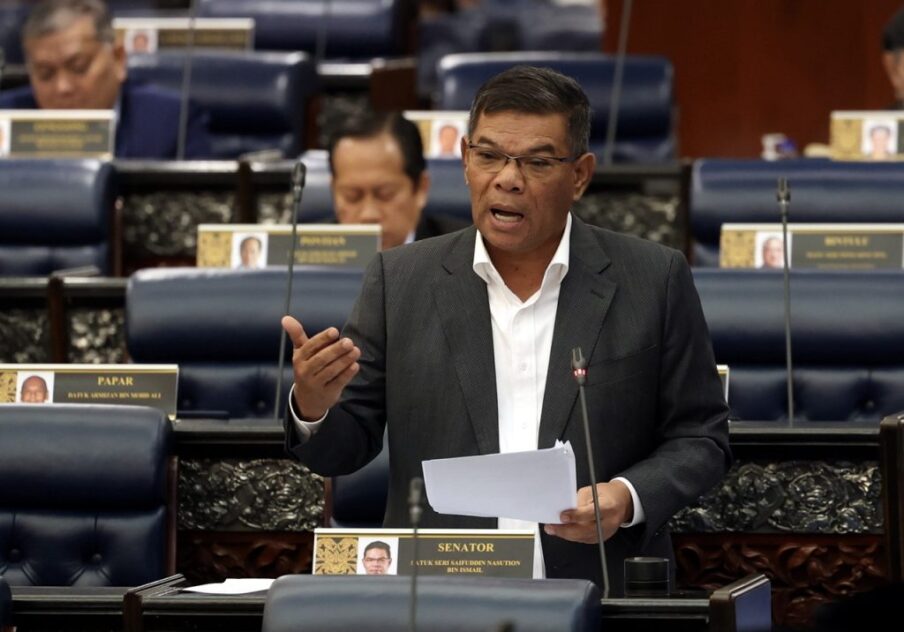THE Pakatan Harapan presidential council might not have made the optimal decision in going for separate state elections for the three states under its control, namely; Penang, Selangor and Negeri Sembilan.
Anyway, it was the best decision under the present political circumstances that all three states opt for separate elections.
Penang made a powerful case as to why it preferred concurrent elections, both parliamentary and state.
The matter was debated at three levels before its escalation to Pakatan’s presidential council.
A day or two was taken to deliberate the matter, taking into account the views of the three component parties in Penang, the DAP central executive committee and members of the Pakatan presidential council.
The decision was finally made today: that the three Pakatan states would not dissolve their respective state assemblies but go for separate state elections next year.
This was consistent with the earlier stand of the coalition that the three states would not dissolve their state assemblies at the time of the dissolution of Parliament.
It was felt that Pakatan should focus on the flood situation arising from the upcoming monsoon period to mitigate the worst effects on the people.
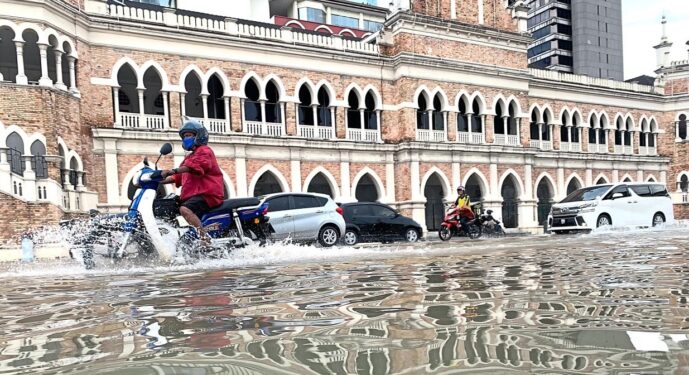
Pakatan would not be as heartless and uncaring as UMNO or Barisan Nasional (BN) in calling for an early election merely as an escape route for those charged with corruption.
By doing this, Pakatan adopted a higher moral stand in comparison to the BN coalition.
A principled stand
The decision to have separate state elections was not a mere strategy of defiance but a principled stand to focus on alleviating the hardship of the people if they are affected by floods.
Tagging along with the dissolution would have meant Pakatan going back on its earlier stand. Such a stand might not have endeared the Pakatan coalition to its supporters and people in general.
Penang DAP might have taken a practical decision by going for concurrent elections. After all, such an election might have been the best opportunity to have taken on BN.
We were of the opinion that concurrent elections presented a better opportunity to strike at BN at its weakest point.
It was not that Penang DAP was wrong; it was simply in a better position to assess its winning chances. This is why it had to make an impassioned plea for taking the option of concurrent elections.
Winning the elections in Penang was one thing. But the very basis of winning must first be established.
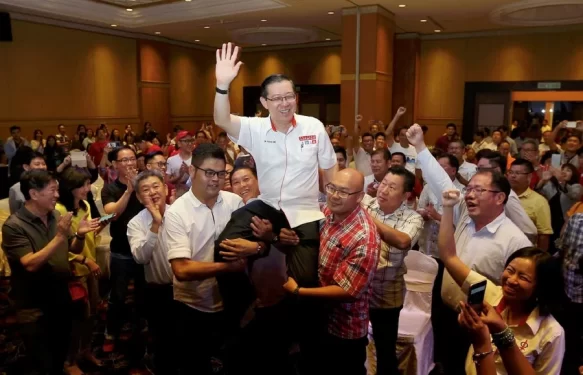
Whether Pakatan opted for concurrent or separate elections, the cooperation of the coalition as a whole is important.
Maybe the situation in Negeri Sembilan and Selangor is different from the one in Penang. Perhaps Penang had more reasons to go for concurrent elections rather than the other two states.
In the final analysis, whatever said and done, despite different political circumstances, the three component parties must stick as one coalition. This is what is called the unity and solidarity of Pakatan.
Pakatan is not merely about winning the elections in the three states; it must project itself as the alternative coalition to BN and Perikatan Nasional (PN).
The togetherness of PKR, DAP and Amanah is something essential. It is the importance of this unity that particular differences should be sunk to the extent of having separate state elections together in solidarity.
In the final analysis, what matters is whether the three parties can project Pakatan as an alternative coalition to decadent ones like BN or PN. – Oct 15, 2022
Prof Ramasamy Palanisamy is the state assemblyperson for Perai. He is also deputy chief minister II of Penang.
The views expressed are solely of the author and do not necessarily reflect those of Focus Malaysia.
Photo credit: Reuters


